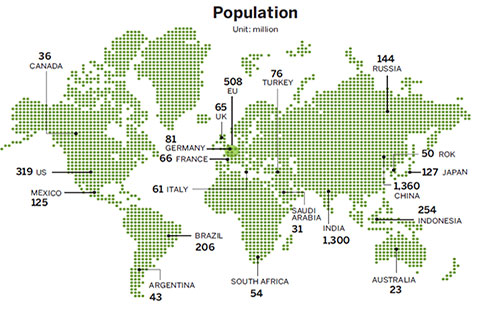Mined-out Chinese coal capital bets on photovoltaic industry
(Xinhua) Updated: 2016-09-02 11:17TAIYUAN - The city of Datong in Shanxi province has been moving residents out of a coal-depleted mining zone as the North China city bets on solar energy to revitalize its economy.
Rivers have gone dry and cracks have appeared on land and houses following years of erosion from coal mining in the 1,687-square-km area of Datong.
The municipal commission of development and reform said on Monday that 250,000 people have been resettled away from the mined-out areas, and the remaining 120,000 people will be moved out by the end of 2017.
The city, once dubbed "China's Capital of Coal," churned out over 7.5 percent of the country's annual coal output at its peak in 1999. Coal mining in Datong dates back 1,500 years, and its modern mining industry took shape in the late Qing Dynasty (1644-1911).
However, the heavy environmental costs have made Datong an exemplar of China's resource-depleted cities scrambling to build new economic pillars.
"Infrastructure construction started in 2015 to turn the uninhabitable swaths into a huge photovoltaic base," said Zhao Yaodong, an energy official with the commission.
According to plan, the city will a build photovoltaic project with an installed capacity of 3 million kilowatts on the deserted land from 2015 to 2017.
The objective has made Datong the first Chinese city to plan a million-kilowatt photovoltaic industry.
In June, power generated by Datong's photovoltaic facilities was connected to the state power grid.
Under the city's photovoltaic development contracts, villagers who were removed from the land will share profits from 20 kilowatts of electricity annually. The emerging industry should also offer job opportunities to farmers who have lost their land.
- China's manufacturing IoT spending to hit $128b by 2020: IDC
- China raises retail fuel prices
- US entrepreneur highlights China's significant role in global economy
- Global media's take on G20
- Expectations for G20 Hangzhou summit: experts
- Chinese people spent $13b buying house in US
- Samsonite sees Tumi sales doubling
- Lufthansa, Air China said to finalize venture this month

















